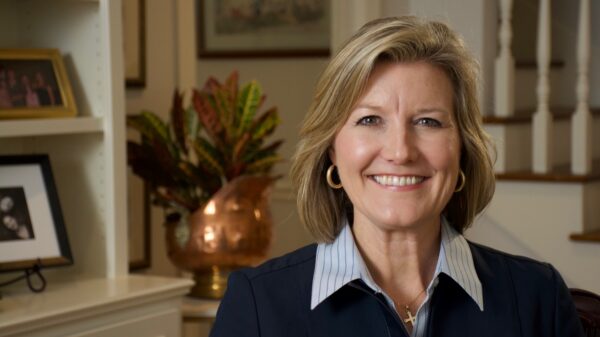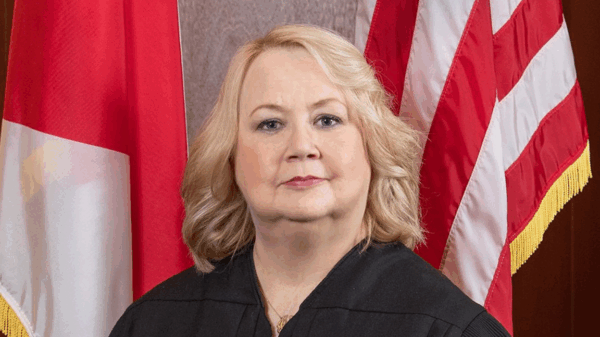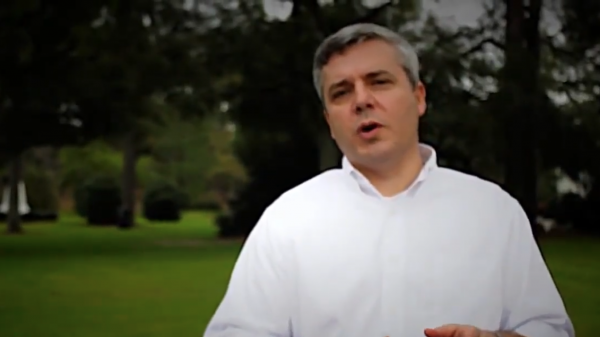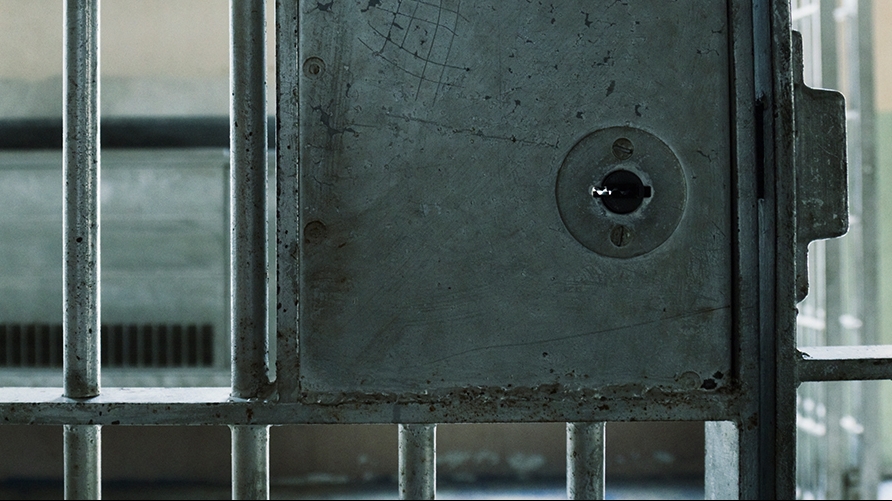By Brandon Moseley
Alabama Political Reporter
On Tuesday, January 12, the joint House and Senate Committees on the long troubled State General Fund (SGF). The first state agency to testify was the Department of Corrections. Corrections is asking the legislature for an $18 million increase in their 2017 fiscal year budget.
Alabama Department of Corrections Commissioner Jeff Dunn said that the increase will allow the Department advance our vision to transform the state’s prison system.
Commissioner Dunn said that we incarcerate 24,000 inmates in 28 facilities across the state and oversee another 3,800 people in community corrections programs. Dunn said that the program employs nearly 4000 correction officers and staff. In the last year the department has reached an agreement with the US Justice Department to reform the Tutwiler Prison for Women.
There have been a number of allegations of prison guards allegedly sexually abusing women at the facility over the years.
Dunn said that the prison system hired a new deputy commissioner for training of the correction officers. We have hired the department’s first Inspector General to provide oversight. We have fully manned our investigations division which seeks to eliminate criminal activities among offenders.
Dunn said that Corrections was one of the few agencies that received level funding and we are grateful for that but due to rising costs that created a $12 million shortfall which forced the Department to postponed upgrades to security and divert funds to expand the community corrections program to other needs. They also had to postpone some plans for improving the prison infrastructure.
Dunn said that interdicting contraband in the prison has become a State and national problem. The system still has a shortage of corrections officers and has a need to improving security at our aging facilities.
Senator Arthur Orr (R-Decatur) said I am still officially the Finance and Taxation General Fund Chairman until next month when I move to Chairman of the Finance and Taxation Education Committee and Senator Trip Pittman (R-Montrose) takes over here.
Dunn said that the Department has had to pay increases in mandatory employee benefits and rising health care costs which is the reasons for the deficit.
Orr asked about the progress on installing the new security locks?
Dunn said that the St Clair security doors is progressing but that he has had to postpone three other projects. Those are on hold pending funding.
Sen. Bill Holtzclaw (R-Madison) asked if Corrections had a lobbyist and how much do they spend to lobby the legislature??
Commissioner Dunn said No, they do not have an outside lobbyist. They have a government affairs person on staff.
On overtime Dunn said that supervisors are allowed to offer overtime to employees as needed only to a certain level. They have to seek a higher level of authorization to exceed that maximum level.
Dunn said that the ratio of guards to prisoners is one to 9.5. The Department has 2800 corrections officers. They use overtime due to the lack of security provided by the guard shortage. Alabama’s prisons are staffed with guards at just 65 percent of the national average. The goal would be to try to get to 70 to 75 percent of corrections officers to other states. Dunn said that all of the Southern states are having difficulty staffing their prisons. “All of those states are experiencing corrections officer shortages.”
Dunn said that the prisons spend $65 million on professional services. “Our legal team handles 700 to 750 cases a year.” There are 30,000 persons in the system. That includes: prisoners, and people in community corrections as well as diversionary programs. 24,000 prisoner are housed in buildings with a design capacity of just 13,000. “Functional capacity is however many inmates we have we shoe horn them in there.”
State Representative Rich Wingo (R-Tuscaloosa) asked Dunn, “What do you want us to know?”
Dunn said I started in April first of last year. “I have been incredibly impressed with the dedication of the employees and staff.” They labor in extremely difficult and dangerous conditions. “This is a department under great stress and they have been under stress for a very long time. The employees are committed to hanging in there no matter what. They are dedicated public servants performing a vital service to the State.”
Wingo asked, “What are you doing to control healthcare costs?”
Dunn said that the system is trying to get healthcare services at the best price we can get to serve the population that we have. The current contract is a three year contract.
Dunn said that the system has brought back virtually all of the inmates from county facilities. There are approximately 45 females still in a jail in Clay County.
Dunn said that contraband is still a problem, particularly cell phones due to the allure of the amount of money an inmate can get with a phone. Understaffing makes it more difficult to prevent and find contraband.
Rep. John Knight Knight (D-Montgomery) asked about the healthcare contract.
Dunn said that the contract is $107 million and includes mental health. $93 million for health and $11.2 million for mental health. Community corrections which diverts many from reaching the actual prison has resulted in more inmates with mental health issues coming into the system.
Rep. Victor Gaston (R-Mobile) asked, “What is the cost per inmate?”
Dunn said that the State spends $44 per day. The national average is $85 per day.
Gaston asked if they have the resources to do basic rehabilitation
Dunn said that somewhere between 85 and 90 percent of our inmates will at some point reenter the community. The recidivism rate is somewhere between 50 and 60 percent. Providing more transition services will directly affect the recidivism rate. Where they are able to offer supervised release the recidivism rate is in the teens,
Dunn said that due to staffing shortages they have bought back 75 retired employees. They are some of our most experienced employees in the system,
Rep. Arnold Mooney (R-Shelby County) suggested that the prisons sell land assets to generate money.
Dunn said that the system has a total of 15,000 acres 5600 acres are leased out for farming and 1200 acres are leased out for sand and gravel mining. The prisons sold some property in 2007 and put other land on the market that did not sell and that was then leased.
Rep. Knight said, “We have already started with Corrections with an $18 million increase. Do we have someone from the executive branch with an estimate of how much revenue we will have?”
Rep. Steve Clouse said that the Finance Department will address us tomorrow (Wednesday) with that. They were going to be here today but had a conflict.
The combine House and Senate General Fund Committees have been holding hearing all week a month before the session begins.
Sen. Tom Whatley (R-Lee County) said in a statement on Facebook Thursday, “And the third day of budget hearings – it’s really good that we started these back. It gives the agencies an opportunity to show the public what they do with the tax dollars allocated to them and it gives legislators more of an idea of where your dollars really need to be spent.”
According to some sources the state faces a $200 million State General Fund shortfall for fiscal year 2017 and there is some fear that 2016 general fund revenues are not coming in as high as were projected.





















































